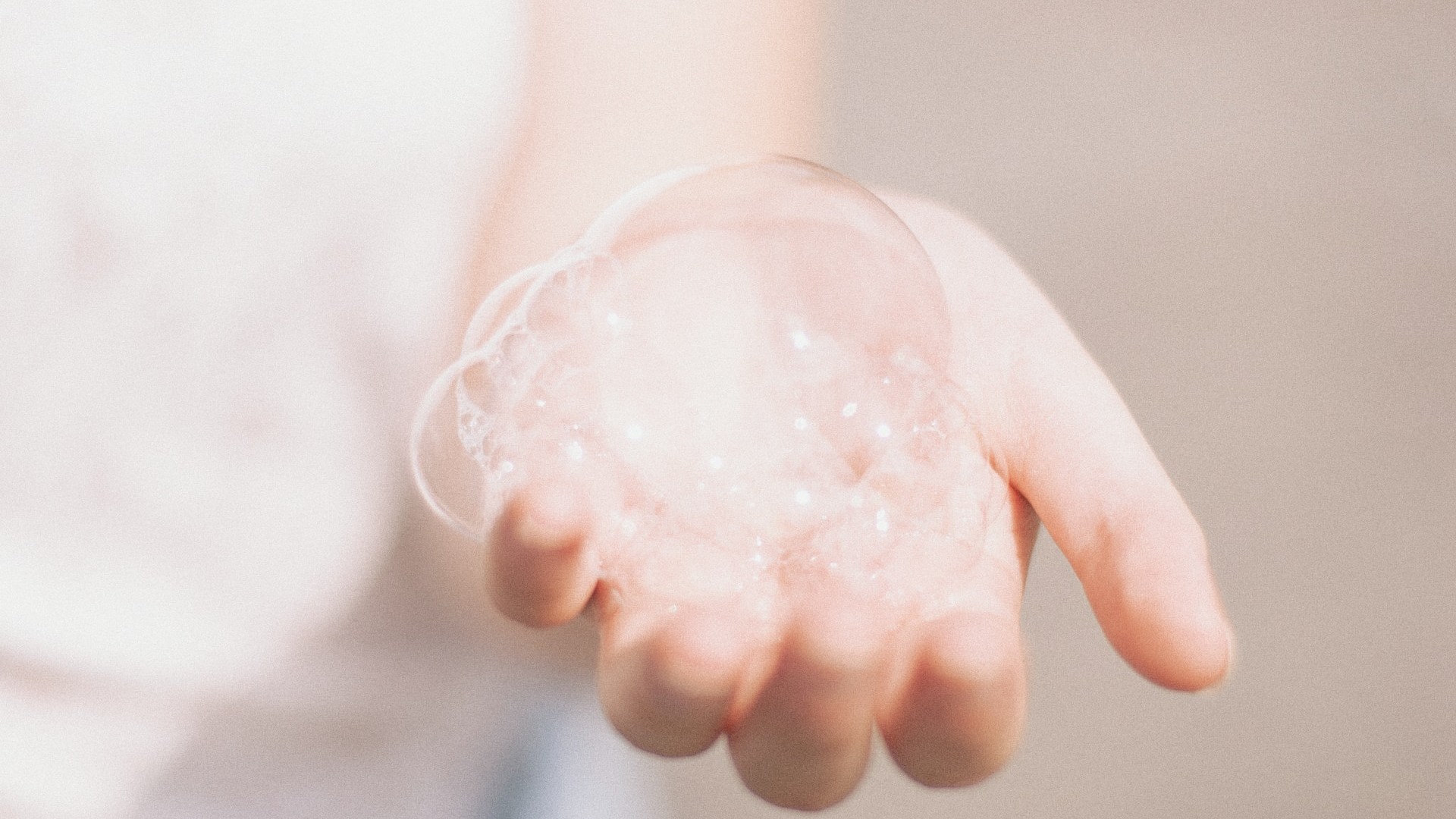One of our readers, Raven, wrote in with several questions about low-poo shampoos:
People talk a lot about sulfate free shampoos and low poo shampoos. Why should I bother with them? I used to think it was just a fad and that sulfates were just another ingredient that was being demonized. But it seems like this has stuck around too long to just be a fad. What's the big deal with low poo shampoos (are they really just shampoos with less soap in them? How does that make any sense, it seems like you're getting less for what you're paying for) and why are people still talking about them? Are they actually worth it, especially since there seems to be a whole thing where they make your hair super oily for a month or whatever when you switch over (does that ever end? Or is that just your new life, having super oily hair? Is the low poo shampoo even cleaning your hair at all? Don't people just say forget it and go back to normal shampoo?)? Are all the people who talk about how great they are actually using them, or are they just trying to seem on trend or whatever - like do the stylists who recommend them really use them or are they just trying to get the commission from the product?
Thanks for writing, Raven, you bring up some interesting questions! To answer your questions, we spoke with hairstylist and salon owner Nia Jones. She's passionate about low-poo shampoos, and we're hoping that the below conversation with her will be helpful!
How would you define a low-poo shampoo?
Nia: Traditional shampoos contain sulfates that strip away natural oils and cause dryness. Low-poo shampoos are a gentler alternative. They are sulfate-free and have cleansing agents that are less harsh.
Do you generally recommend using a low-poo shampoo to your clients?
Nia: As an African American hair stylist, I always recommend that my clients use low-poo shampoos. They're great for curly or texturized hair types that need more hydration - these hair types can become dry and brittle with traditional shampoos. Low-poo can also work well for those with color-treated hair, as it can help to preserve and lengthen the life of the color. Low-poo shampoos are also less likely to cause irritation or inflammation of the scalp, which is common in individuals with sensitive skin.
When switching to low-poo many people report an unusually oily scalp. How long do you usually find the oily scalp phase lasts before the hair adjusts to the low-poo shampoo? Do you have any recommendations to help people get through the oily scalp phase?
Nia: The oily phase typically lasts around two weeks, give or take a few days. During this time, try not to over-wash your hair as it can cause your scalp to produce even more oil. Dry shampoo may be your new best friend. Opt for a non-aerosol, cornstarch-based dry shampoo to absorb excess oil. Remember to be patient, and before you know it, you'll notice healthier, shinier hair that's happy with your low poo choice.
Have you ever had a client who tried low poo and ultimately decided to go back to regular shampoo? Why did they decide to change back?
Nia: I've had many clients who were excited to try the low poo method of shampooing. However, some did decide to go back to regular shampoo. A lot of people don't realize that the transition to low poo can take time and patience. It's not a quick fix for all your hair issues. Ultimately, it's about finding what works best for your hair type and needs.It's important to understand that everyone's hair is different and what works for one person may not work for another.
What are your best tips to get a great wash using a low-poo shampoo?
Nia: First, be sure to use enough product to cover your entire scalp and hair. Low-poo shampoos don't produce much lather, so you may need more than you think. Also, take your time when washing, and use the pads of your fingertips to massage the shampoo into your hair and scalp. This will help to distribute the product evenly and stimulate blood flow to your scalp.
Are there any common misconceptions about low-poo shampoos that you'd like to dispel?
Nia: With any new trend comes a fair share of misconceptions. One of the most common misconceptions about low-poo shampoos is that they don't clean your hair as well as regular shampoos. This simply isn't true. Low-poo shampoos are designed to clean your hair gently without stripping it of its natural oils. They can be just as effective at removing dirt and product buildup as traditional shampoos while leaving your hair feeling soft and healthy.
Another common misconception is that low-poo shampoos are only for people with curly or textured hair. While it's true that people with these hair types may benefit the most from low-poo shampoos, anyone can use them to improve the health of their hair. Whether you have straight, wavy, or curly hair, low-poo shampoos can be a great addition to your hair care routine.
Do you personally use a low poo shampoo? Why/why not?
Nia: Yes, I personally use low poo shampoo, as I naturally have frizzy, curly hair. Due to this, my hair can get dry and brittle, so it massively benefits from low poo shampoo! Plus, I like to avoid harsh chemicals as much as possible, as they do nothing for my hair but cause excessive frizz!
A special thanks to Nia Jones for her time and willingness to chat with us about low poo shampoos!
Wanna learn more about the world of skin and hair care? Here's your next read:
Frizzy Curly Hair Care 101
How to defrizz your curls and get 'em back into shape!
Hot Rollers Vs. Curling Irons
What's the difference between hot rollers and curling irons?
Difference Between a Mole and a Freckle
What's the difference between a mole and a freckle?
Moisturizer vs Lotion: What's the difference?
Can you use body lotion on your face?
Tips For Washing Hair In Hard Water
This is your guide to washing your hair in hard water
Minimalist Hair
Welcome to the wonderful world of minimalist hair
Type of Combs: Materials and Shapes
Your complete guide to picking out a comb


